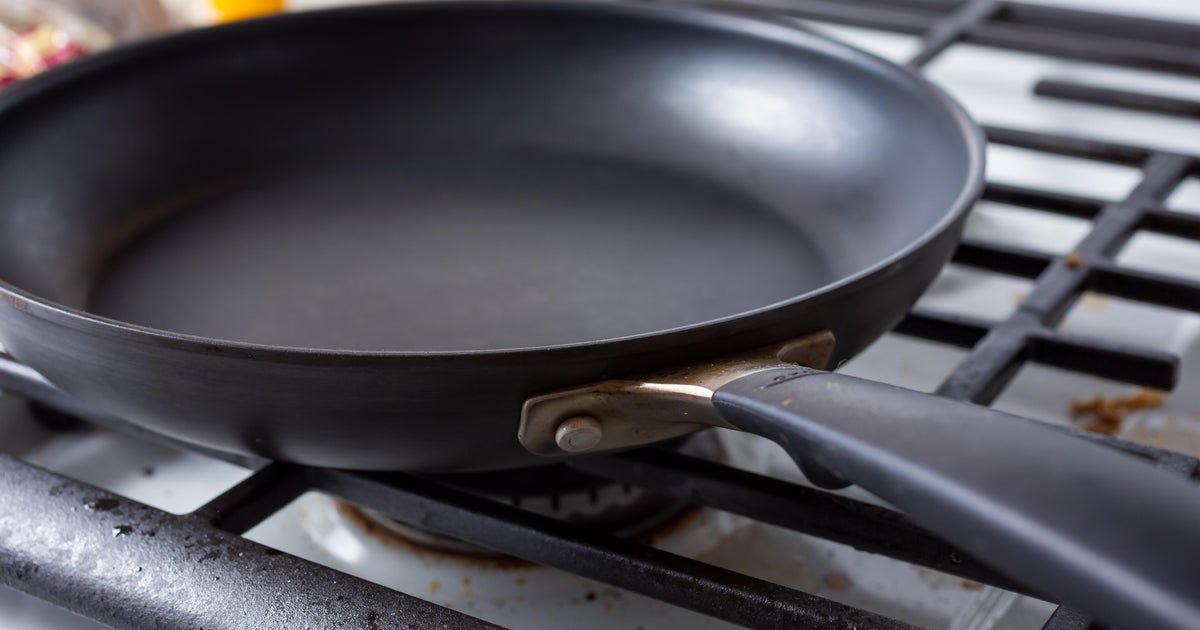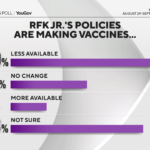In a decisive action, California’s legislators recently cast their votes favoring a significant environmental initiative. The bill in question, Senate Bill 682, seeks to prohibit the use of a group of chemicals known as PFAS—often referred to as “forever chemicals”—across a spectrum of consumer products, including cookware, cleaning supplies, dental floss, ski wax, food packaging, and specific children’s items. With a notable 41-19 vote by the assembly, and 20 members abstaining, this legislative move marks a significant step towards environmental durability and public health safety. The bill swiftly cleared further amendments in the Senate and is presently en route to Governor Gavin Newsom’s desk for approval.
PFAS (per- and polyfluoroalkyl substances) represent a complex class of chemicals notorious for their persistence both in the environment and within living organisms. Known for their resistance to heat and their ability to repel water and oil, these chemicals have found widespread application in numerous industry sectors over the last seven decades. However, despite their beneficial properties, these chemicals pose serious long-term health risks, including associations with kidney and testicular cancers, liver damage, and potential impacts on the nervous and reproductive systems.
Governor Newsom faces an October 12th deadline to sign this pivotal legislation. Following that, a transitional phase will be implemented, allowing businesses time to adapt to the new regulations: compliance by 2030 for cookware, 2031 for select cleaning products, and as soon as 2028 for all other listed items.
The move to ban PFAS in California is supported by extensive evidence pointing to the detrimental health impacts of these substances. The Center for Disease Control and Prevention underscores that nearly every American carries detectable levels of PFAS in their bloodstream; symmetrically, over a dozen other states have initiated similar restrictions concerning the uses of PFAS in various products.
California’s stance is not unprecedented within its jurisdiction; prior legislative efforts have successfully targeted the exclusion of PFAS from carpets, textiles, and firefighting foams. The current focus on nonstick cookware, often coated with PTFE (a PFAS subtype better known as Teflon), has sparked a heated debate particularly notable among culinary circles.
The Cookware Sustainability Alliance, a consortium of cookware manufacturers, engineers, and culinary figures, has vocalized robust opposition to Senate Bill 682. Esteemed chefs like Rachael Ray, Thomas Keller, Marcus Samuelsson, and David Chang have come forward, expressing concerns through written correspondences to lawmakers. Their collective argument suggests that when manufactured and utilized correctly, nonstick cookware is both safe and integral to effective cooking, offering a consistent, user-friendly experience that might be compromised by alternatives.
Rachael Ray, in her communication, emphasized respect for Californian residents and the environment, urging legislative officials to reconsider the potential unforeseen adverse effects of the bill. She, among others, argues for a scientific re-evaluation of the proposed policies. On the contrary, notable figures in environmental advocacy, like Anna Reade from the Natural Resources Defense Council, argue that everyday culinary uses expose users to PFAS, especially when nonstick surfaces are compromised through scratching or overheating.
The environmental sector’s stance is supported by studies which have demonstrated that toxins can be released from nonstick coatings and incorporated into the air or food, significantly suggesting a health risk. Moreover, actor Mark Ruffalo, renowned for his environmental activism highlighted in the film “Dark Waters,” has openly critiqued Teflon’s safety, emphasizing the independent scientific findings linking cookware-related PFAS exposure to health concerns.
As fervor builds on both sides of this legislative tug-of-war, Senator Ben Allen, the proposer of the bill, articulates a compelling position on the necessity of acting against PFAS proliferation. “SB 682 represents a significant step towards curtailing the unnecessary presence of these toxic substances in consumer products where viable alternatives exist,” Allen stated, expressing gratitude for the bill’s passage and likely influence on prioritizing health and ecological welfare over industrial profitability.
The proposed alternatives, like stainless steel and cast-iron pans, offer PFAS-free solutions that could potentially redefine culinary practices while safeguarding public health. As the legislative process nears its climax, all eyes are on Governor Newsom’s impending decision, a decision set to determine the direct trajectory of environmental health policy in California for the years to follow.









